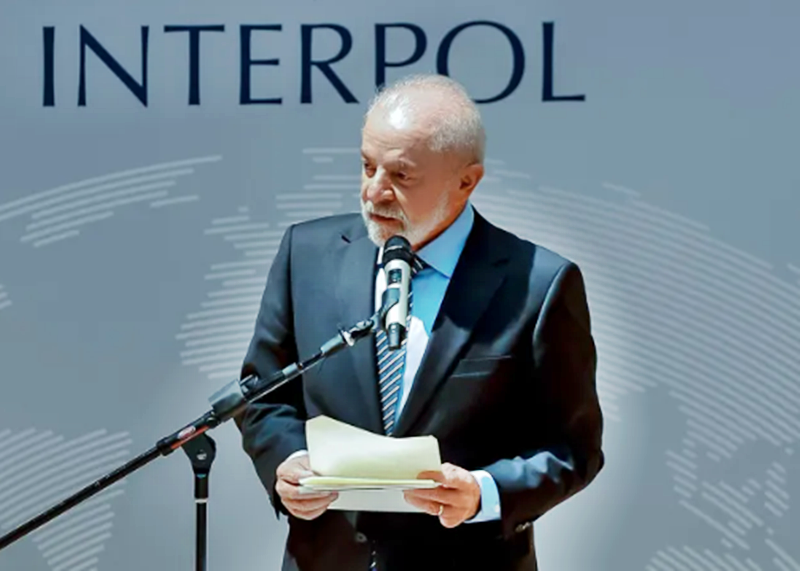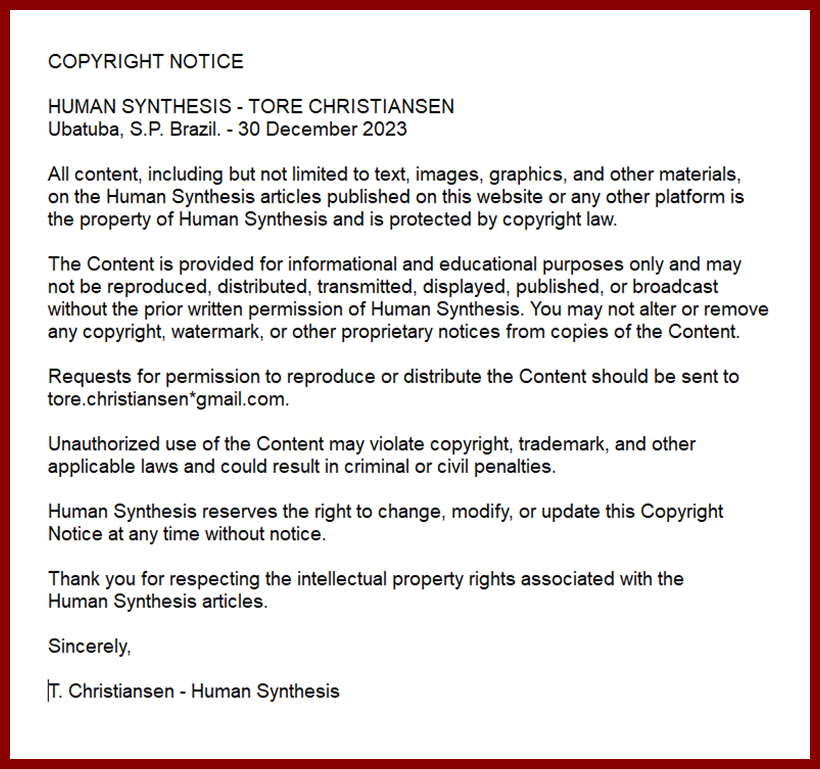In Protest Over Gaza, Brazil Withdraws From International Holocaust Remembrance Alliance

By Sheerpost - Eman Abusidu / Middle East Monitor - July 31, 2025
The government of President Luiz Inácio Lula da Silva has formally withdrawn Brazil from the International Holocaust Remembrance Alliance (IHRA), intensifying diplomatic tensions with Israel and reigniting global debate over the boundaries between antisemitism and criticism of Israeli policies.
The decision, made on 18 July but only confirmed publicly on 24 July by the Israeli Ministry of Foreign Affairs, has drawn both praise and criticism at home and abroad, particularly in the context of Brazil’s recent support for genocide accusations against Israel at the International Court of Justice (ICJ).
Brazil had joined the IHRA in 2021 during the presidency of Jair Bolsonaro, holding observer status within the organisation. According to sources within Brazil’s Ministry of Foreign Affairs (Itamaraty), the accession was “hasty” and lacked sufficient public or institutional debate. These officials cited unmet obligations, such as financial contributions and participation in plenary sessions, as contributing factors in the decision to leave.
Brazil’s withdrawal from the IHRA comes on the heels of its decision to join South Africa in accusing Israel of genocide at the ICJ. Despite the timing, Brazilian officials insist the move is not directly linked to its formal entry into the ICJ lawsuit filed by South Africa against Israel on 23 July. However, the diplomatic and symbolic overlap is hard to ignore.
In its official statement, the Brazilian government condemned Israel’s conduct, citing a lack of accountability and accusing it of violating international norms.
“There is no longer room for moral ambiguity or political omission,” the Itamaraty statement read. “Impunity undermines international legality and compromises the credibility of the multilateral system.”
The government emphasised that its participation in international alliances must reflect Brazil’s constitutional values, particularly the defence of human rights and the self-determination of peoples.
Israel swiftly condemned Brazil’s withdrawal from the IHRA. The Israeli Ministry of Foreign Affairs labeled the move a “profound moral failure” and accused Brazil of abandoning the global consensus on fighting antisemitism. Fernando Lottenberg, the Commissioner for Monitoring and Combating Anti-Semitism at the Organization of American States (OAS), also criticised the decision, calling it a “mistake.”
Domestically, the reaction was polarised. Senator Sergio Moro (União Brasil–PR) described the move as “yet another international embarrassment” by the Lula administration, accusing it of adopting a hostile stance toward the Jewish community.
The Palestinian Arab Federation of Brazil (Fepal) celebrated Brazil’s withdrawal from the IHRA. In a public statement released on July 25, Fepal described the move as a “necessary break” from what it characterised as the misuse of historical memory to justify “crimes against the Palestinian people.”
Fepal further urged the Brazilian government to take what it called a “final civilizing step”: the complete severance of diplomatic relations with Israel. According to the federation, Brazil’s IHRA membership served to “legitimise colonial, racist, and apartheid policies.” Its exit, they argue, symbolises a rejection of efforts to “criminalise anti-Zionism and silence reports of the genocide in Gaza.”
The organisation also criticized Bill 472/2025, authored by Representative Eduardo Pazuello (PL-RJ), which proposes adopting the IHRA’s definition of antisemitism. Fepal called it the “Zionist gag bill” and cited a legal opinion from the National Human Rights Council deeming the bill unconstitutional and a threat to free expression. According to Fepal, the IHRA definition conflates criticism of Israel with hate speech and has been weaponised internationally to suppress students, activists, intellectuals, and even dissenting Jewish voices.
“Rejecting this definition is protecting democracy and political freedom,” the federation wrote.
Brazil’s withdrawal sends a strong signal that historical memory and contemporary international policy are now more intertwined—and more contested—than ever.
That signal became even clearer on Monday (28 July), when the Brazilian government announced a series of retaliatory diplomatic, commercial, and military measures against Israel in response to what it described as “genocide” in Gaza. The announcement came from Foreign Minister Mauro Vieira during a speech at the United Nations headquarters in New York.
Among the steps, Brazil will ban the export of defence equipment to Israel and launch investigations into imports from illegal Israeli settlements in the occupied West Bank. The government framed these actions as part of its commitment to upholding international law and rejecting impunity.
“These are the legal measures that countries can take now,” Vieira said at the conference. “The credibility of the international system depends on this non-selective enforcement. What we need now is political will and effective action to monitor this conference.”
These developments occur against the backdrop of worsening diplomatic tensions between Brazil and Israel, which have been escalating since February 2024, when President Luiz Inácio Lula da Silva compared Israel’s military actions in Gaza to the Holocaust. The controversial remark prompted Israel to declare Lula persona non grata. In May, Brazil recalled its ambassador from Tel Aviv, and the position has remained vacant since. Furthermore, the Brazilian government has refused to approve the appointment of Israel’s proposed ambassador to Brasília, deepening the diplomatic standoff.

Eman Abusidu
Eman Abusidu is MEMO’s correspondent in Brazil. Author Site
